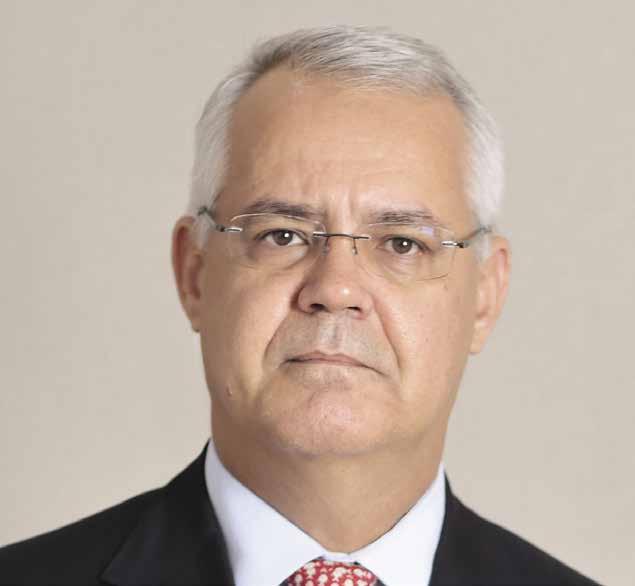OPINIÃO
RICARDO DAVID LOPES, PRÉMIO
CRIAR CONFIANÇA BUILDING TRUST
A
aprovação, em Fevereiro passado, da nova Lei do Banco Nacional de Angola (BNA), atribuindo-lhe uma independência de que não dispunha face ao Executivo, consagrada igualmente, entretanto, na Constituição revista (em discussão à data em que escrevemos este texto), é um passo de extrema importância para a credibilização do País no cenário internacional. Dependente a todos os níveis do Executivo desde a independência, em 1975, o banco central angolano passa a gozar do estatuto de autoridade administrativa independente, o que o coloca ao nível da maioria dos seus pares na SADC, assim como em linha com as melhores práticas internacionais. Passa a ser “vedada a transmissão de recomendações ou emissão de directivas aos órgãos dirigentes do BNA sobre a sua actividade, estrutura, funcionamento, tomada de decisão, prioridades a adoptar na prossecução das atribuições constitucional e legalmente definidas, por parte do Poder Executivo ou de qualquer outra entidade pública”. Como sucede nas democracias a que habitualmente chamamos avançadas, ou maduras, a Assembleia Nacional passa a ser parte envolvida no processo de nomeação do governador do banco central, que se assume essencialmente como supervisor e regulador. Indicado pelo Presidente da República, o “candidato” ao cargo passa agora a ser ouvido em sede de comissão parlamentar especializada. A independência do banco central e do seu líder face ao poder político não se esgotam aqui. O governador passa a ser inamovível, ou seja, o seu mandato, que deixa de coincidir com o do Executivo que o nomeia, não pode ser interrompido por decisão meramente política, e deixa igualmente de ter assento obrigatório nas reuniões do Conselho de Ministros, como, aliás, e de novo, sucede nas economias mais liberais e “evoluídas”. O BNA passa a assim a funcionar como uma autoridade de supervisão macro prudencial, articulando acções “com
32
T
he approval, last February, of the new Law of the National Bank of Angola (BNA), granting it an independence that it did not have vis-à-vis the government, also enshrined, however, in the amended Constitution (under discussion at the time we were writing this text), is an extremely important step for the credibility of the country in the international scene. The Angolan central bank is dependent at all levels of the State since the independence in 1975 and now enjoys the status of independent administrative authority, like most of its peers in SADC and in line with the best international standards. It is as of now “prohibited to provide recommendations or issue directives to the governing bodies of the BNA on its activity, structure, functioning, decisionmaking, priorities to be adopted in the pursuit of the constitutional and legally defined attributions, by the Executive Power or by any other public entity”. Just like in democracies we usually call advanced, or mature, the National Assembly is as of now involved in the process of appointing the governor of the central bank, thus taking the role of supervisor and regulator. Appointed by the President of the Republic, the “candidate” for the position shall as of now be heard in a specialized parliamentary committee. The independence of the central bank and its leader from political power does not end here. The governor becomes irremovable, that is, his mandate no longer coincides with that of the Executive that appoints him and cannot be interrupted by purely political decision, and also no longer has a mandatory seat in the meetings of the Council of Ministers, just like in the most liberal and “advanced” economies. The BNA thus acts as a macro-prudential supervisory



















